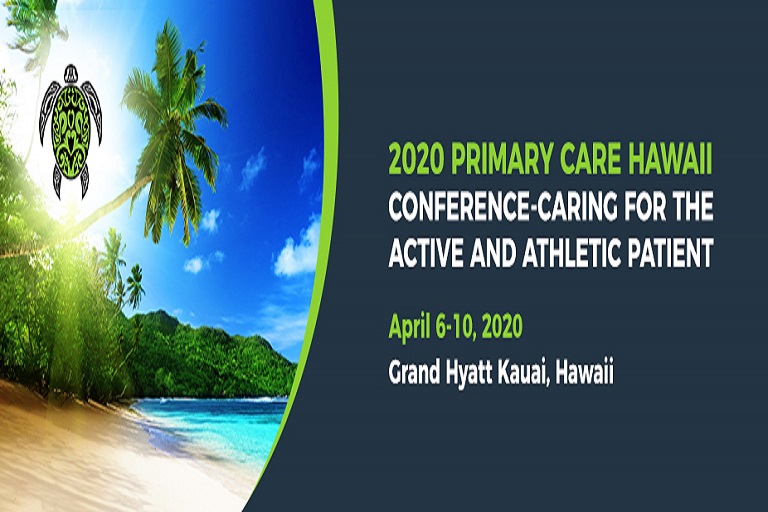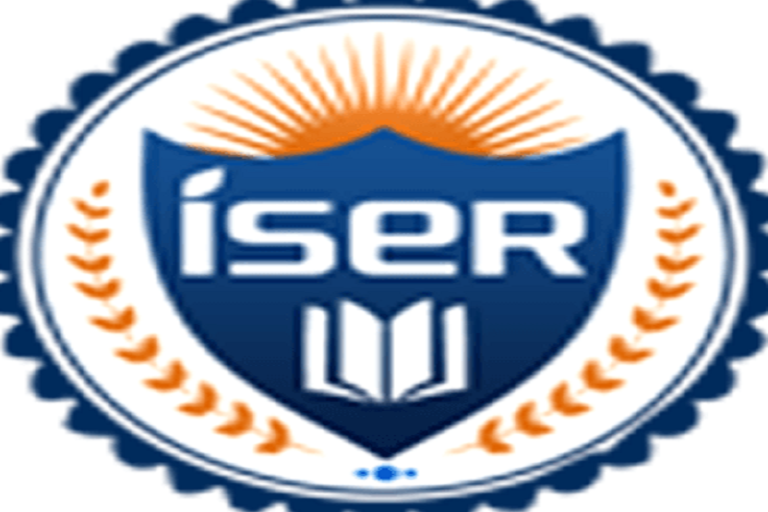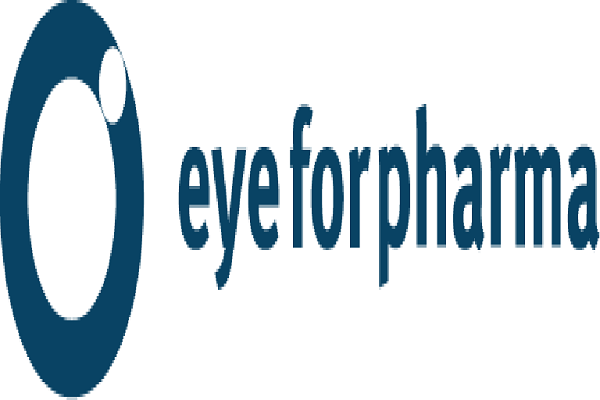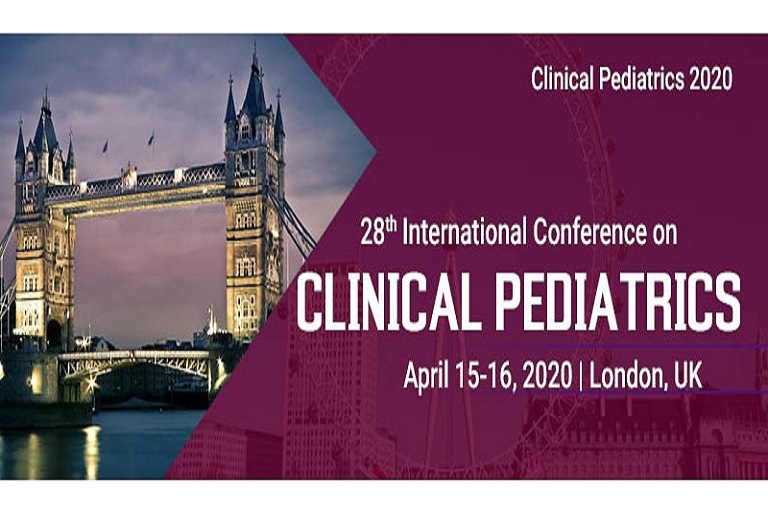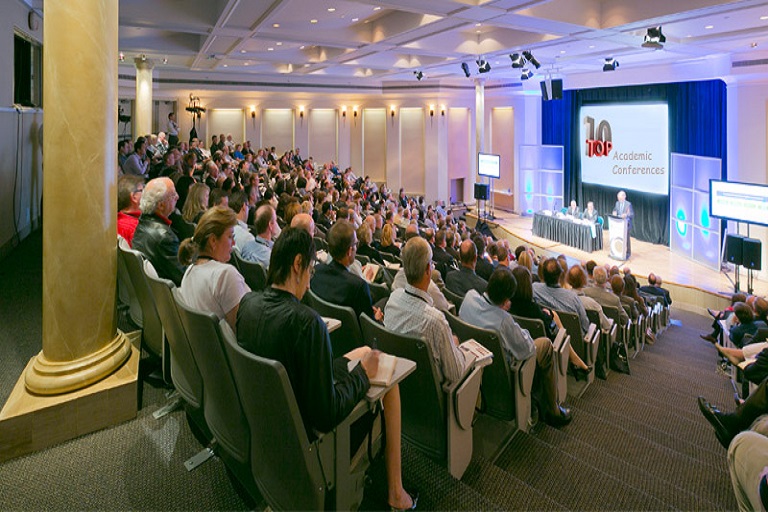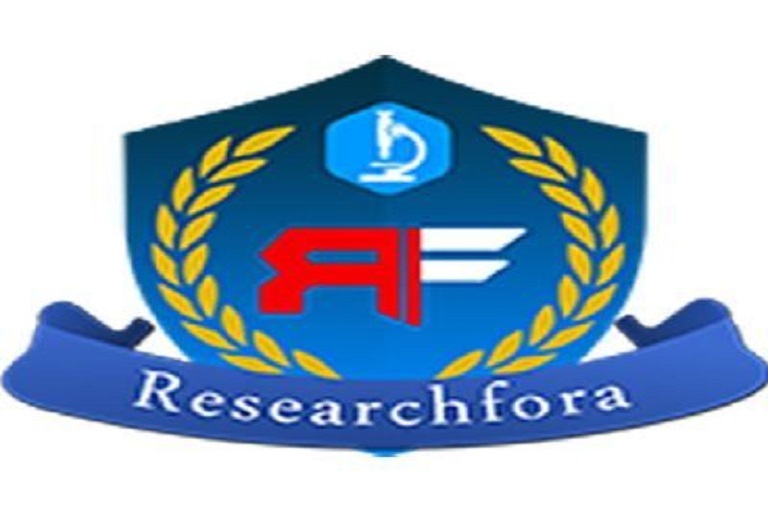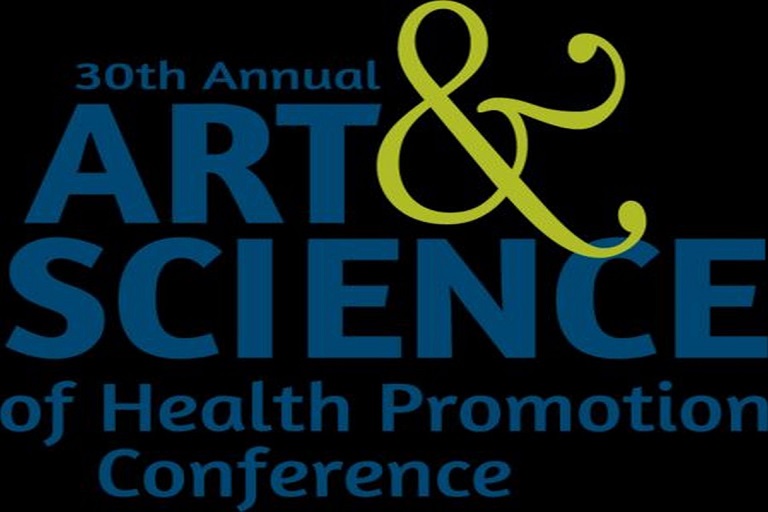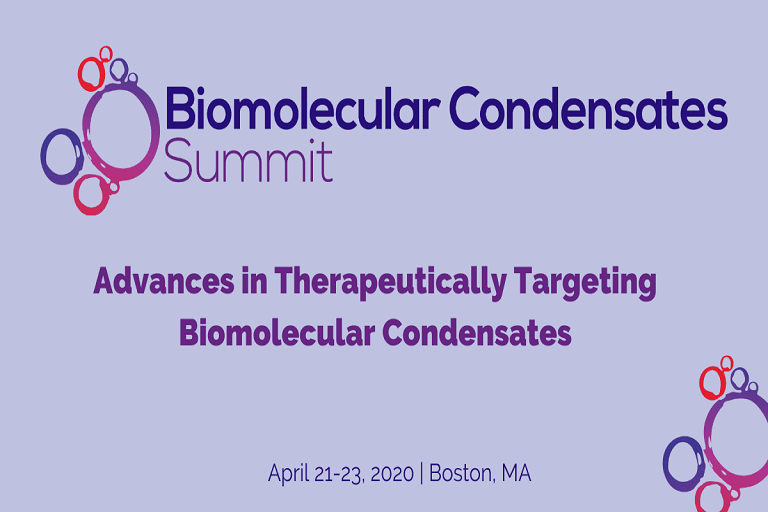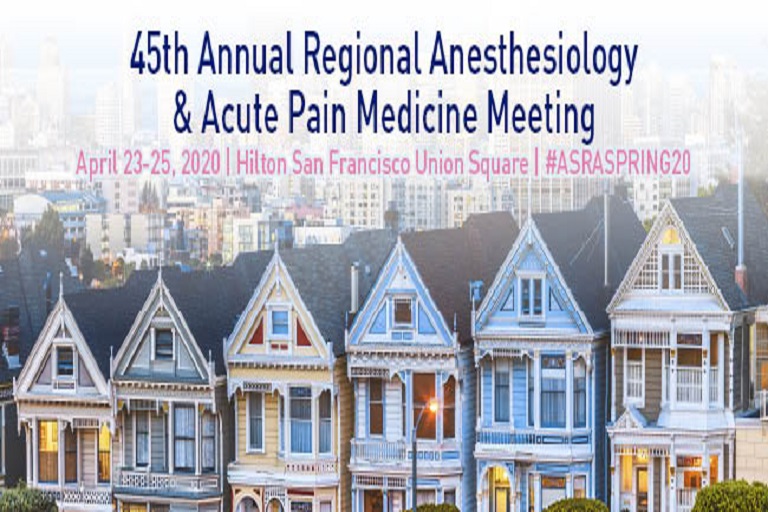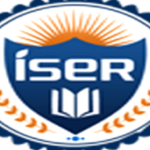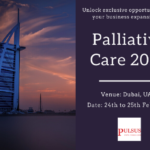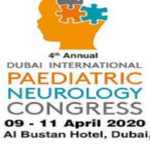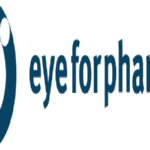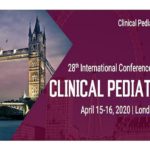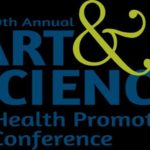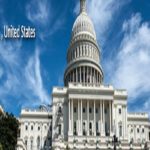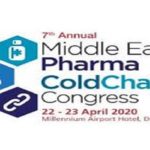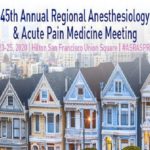An online initiative offering low-cost genetic testing to relatives of people with genetic mutations that increase their risk of cancer encourages the “cascade” testing that can help to identify healthy people at risk of the disease, according to a new study by researchers at the Stanford University School of Medicine and Color, a health services company that provides genetic testing.
The study of more than 700 people bearing one of 30 cancer-associated mutations found that nearly half of a patient’s first-degree relatives (think mother, father, siblings and children) chose to undergo testing when contacted by a genetic testing laboratory and offered a chance to have their own genes sequenced for about $50 — about one-tenth the standard cost. Furthermore, about 12 percent of those found to have the same mutation as the original patient then went on to invite additional relatives to be tested.
Although not everyone with a cancer-associated mutation will go on to develop the disease, the knowledge that one is a carrier can help people and their doctors make informed health care decisions while they are still healthy. For example, women with BRCA1 or BRCA2 mutations who have a vastly increased risk of developing breast or ovarian cancers may choose to undergo prophylactic mastectomies or have their ovaries removed. Other types of mutations, such as those that increase one’s risk of colon cancer, may indicate the need for increased or more frequent screening.
“We’ve found that this approach has been remarkably successful in overcoming traditional barriers to reaching and testing a patient’s relatives,” said Allison Kurian, MD, associate professor of medicine and of health research and policy at Stanford. “The results have been very striking, as traditional approaches to cascade testing result in only about 30 percent of relatives undergoing testing.”
Kurian shares senior authorship of the research, which was published Sept. 18 in the Journal of the National Cancer Institute, with Alicia Zhou, PhD, who is head of research at Color, based in Burlingame, California. Jennifer Caswell-Jin, MD, instructor of medicine at Stanford, and Anjali Zimmer, PhD, a technical writer from Color, are the lead authors of the study.
Growing interest in genetic tests
Increasingly, newly diagnosed cancer patients are turning to genetic testing in a quest to understand why they’ve developed the disease. The discovery of a disease-associated mutation can help drive treatment decisions and provide clues as to the cancer’s origin. But there’s another important, often overlooked, benefit: The test results can help a patient’s healthy first-degree relatives assess their own genetic risk for cancer. About 50 percent of these relatives could be expected to harbor the same mutation as the patient, even if they haven’t developed cancers themselves.
However, this kind of cascade testing, in which a positive result in a cancer patient triggers waves of genetic testing among the patient’s relatives, remains relatively rare — in part because physicians are often prohibited from directly contacting a patient’s relatives, and people reeling from their own recent diagnosis may not immediately consider the health implications for their loved ones. Testing can also be expensive and is not always covered by insurance.
Kurian and her colleagues wondered if there was an easier way to reach potential carriers. They evaluated the first year of a family testing program in which people found to harbor one of 30 cancer-associated genes were encouraged to provide the testing laboratory with email addresses for their first-degree relatives. The laboratory then contacted the relatives to provide more information via a web portal and invite them to be tested for an out-of-pocket cost of $50.
“One unique thing about this study is that it isn’t focused on any single gene,” Caswell-Jin said. “These participants were carriers of mutations in any of 30 different genes, some of which are very strongly associated with the development of specific cancers. Because about half of a patient’s first-degree relatives are also likely carriers of the same mutation, cascade testing has significant public health implications for early cancer detection and even prevention.”
To conduct the study, the researchers invited carriers of one of 30 cancer-associated mutations, identified by any one of several certified genetic testing laboratories, and their relatives to participate in the family testing program. They reached possible participants through the use of online advertising, notices in physicians’ clinics or at group meetings for families with hereditary cancers.
From September 2016 to September 2017, 1,101 people — 741 people who carried the mutation themselves, and 360 relatives of the carriers — opted to participate in the program. Together, the original participants then invited 2,280 of their relatives to also be tested. Nearly half of those invited underwent testing themselves within the study’s follow-up period.
As expected, about one-half of the tested relatives were also carriers. About 12 percent of these people then used the family testing program to invite additional first-degree relatives to be tested.
“Although this was potentially lower than we might have expected, in many cases it was due to the fact that there were no more first-degree relatives in the family to test,” Caswell-Jin said.
Different mutations identified
Surprisingly, the researchers found that about 5 percent of relatives tested carried cancer-associated mutations that differed from those of their patient relatives.
“These pathogenic mutations were totally unexpected and suggest that this may reflect the prevalence in the general population of known cancer-associated mutations,” Kurian said. “It addresses a long-standing question in the field about what we might find if we routinely tested everyone.”
The researchers emphasize that, regardless of how people are contacted to be tested, it is important to involve a genetic counselor to interpret test results and direct mutation carriers to appropriate health care services.
“This is such an exciting era,” Caswell-Jin said. “We expect the proportion of people undergoing genetic testing for disease-associated mutations will continue to increase. We need to make sure they get the support they need to understand their results, and to encourage additional support and follow-up.”
“We are very engaged in learning how to most effectively implement genetic testing, particularly in a broad population,” Kurian said. “We are eager to pursue this finding further and to understand how we can improve on this new model of cascade testing.”
Another Stanford author of the study is senior genetic counselor Kerry Kingham. Kurian is a member of the Stanford Cancer Institute.
The research was supported by the BRCA Foundation, the Damon Runyon Cancer Research Foundation and Color.
Kurian has received research funding from Myriad Genetics for an unrelated project.
Stanford’s departments of Medicine and of Health Research and Policy also supported the work.
















